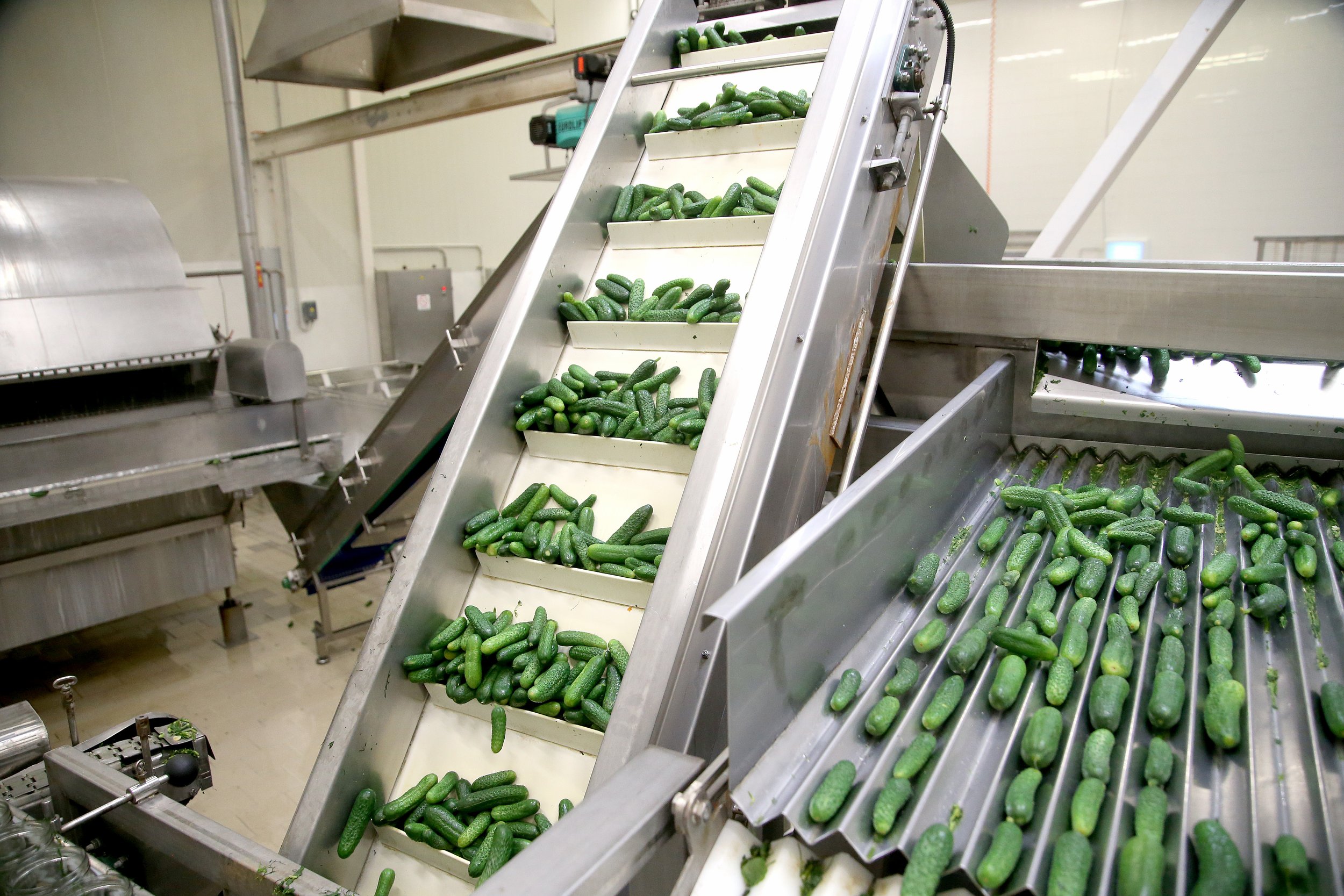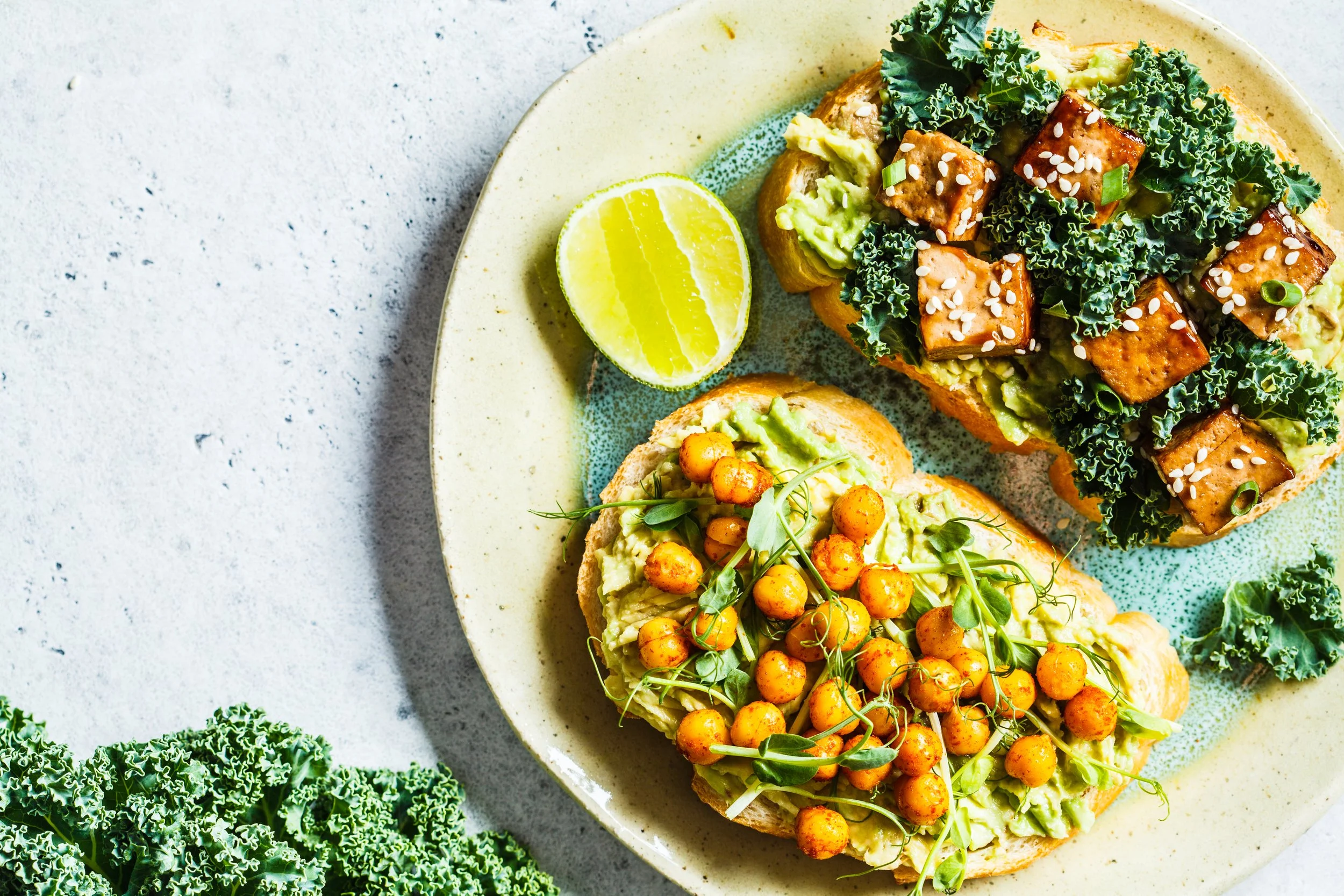How to Attract & Retain Top Talent in Sustainable and Alternative Protein Companies
Whether you’re an HR professional, hiring manager, or founder doing it all, here are practical, proven ways to attract, recruit, and retain the high-performing employees who can help your organization grow.
How to Streamline Your Recruitment Process: 5 Proven Strategies to Hire Smarter and Faster
Streamlining your recruitment process doesn’t require massive restructuring. With the right tools and strategies, you can dramatically reduce time-to-hire while improving the quality of your hires. Here are five actionable ways to improve your hiring process.
How to Transition Into Molecular Farming: A Guide for Scientists and Engineers
Molecular farming is fast becoming one of the most exciting frontiers in alternative protein and ingredient production.
For scientists and engineers with a background in biotech, agtech, synthetic biology, or even pharma, this fast-growing field offers an opportunity to help reshape how the world produces protein.
What Are the Best Hiring Practices for Building a Strong Team?
Research shows that structured hiring processes improve hiring outcomes significantly. By implementing proven strategies, HR professionals and hiring managers can build strong, high-performing teams.
What Are the Key Food and Beverage Sales Jobs?
Have you ever wondered what it takes to sell the food and drinks we consume daily? Let’s explore the key roles in food and beverage sales and what makes this industry unique.
Tälist: 2024 Impact Report
At Tälist, we believe connecting the right talent with impactful organizations is key to driving global change. In 2024, we’ve supported organizations and professionals in transforming the food system to be more ethical, sustainable, and compassionate.
Emerging Trends and Opportunities in Alternative Proteins for 2025
The world is changing, and so is the way we think about food. By 2025, advancements in AI-driven research, fermentation technologies, and regional crop optimization will expand protein diversity, improve taste, and enhance sustainability.
Launching the Second Cohort of the Tälist Alt. Protein Careers Course
The Tälist Alt. Protein Careers Course is back and better than ever! On December 2, 2024, we kicked off the second cohort of our 6-week program designed to help professionals, students, and changemakers shape impactful careers in the Alt. Protein industry.
Data-Driven Insights: Tälist's Alt. Protein Careers & Hiring Report
Leveraging exclusive data from the AltProtein.Jobs platform, Tälist has just released the Alt. Protein Career & Hiring Report – a comprehensive, data-driven analysis of hiring trends, skill demands, geographic hotspots, and candidate preferences within the industry.
What Are the Best Marketing Jobs in the Food Industry?
Marketing careers in the Alternative Protein industry are becoming increasingly valuable. In this article, we will explore the highest-paying jobs in marketing, the best fields to enter, and the dynamic opportunities available in the food marketing landscape.
What Are the Highest Paid Mechanical Engineer Roles?
In this blog post, we will explore the highest-paying roles in mechanical engineering, the sectors that offer the best salaries, and emerging opportunities in innovative fields such as Alternative Proteins.
Changing the World Through Alternative Proteins: An Effective Altruism Approach
How can your career contribute to solving the world’s most pressing problems? For those committed to effective altruism, choosing a career in the alternative protein sector offers an opportunity to address global challenges.
Life on Land: The Role of Alternative Proteins in Reducing Land Use
Did you know that shifting to Alternative Proteins could free up over 47 million acres of U.S. cropland? This transformation would allow for large-scale ecosystem restoration, helping reach climate and biodiversity goals.
Life Below Water: Sustainable Alternatives to Fish Products
Did you know that over 34% of the world’s fish stocks are now overfished, and many marine species are pushed to the brink of extinction? With our oceans facing unprecedented challenges, it's more critical than ever to explore sustainable seafood alternatives.
Mastering Scale: Strategies for Upscaling Alternative Protein Production
As our planet struggles with the environmental and health impacts of traditional meat production, Alternative Proteins offer a promising solution, albeit with scientific and regulatory challenges. Explore effective strategies for upscaling production in Alt. Proteins: bioreactor design, fermentation optimization, and the integration of advanced technologies.
Flavor Innovation in Plant-Based Proteins: The Science of Tastier Alternatives
How do scientists make plant-based proteins taste as good as, if not better than, meat? The answer involves a complex blend of chemistry, technology, and creativity.
Zero Hunger: How Alternative Proteins Are Making Food More Accessible
Imagine a world where hunger is a distant memory. Can Alternative Proteins be the key to making this vision a reality? As we strive to achieve the UN Zero Hunger goal, Alternative Proteins are gaining traction for their potential to revolutionize food accessibility and sustainability.
Entering Climate Careers Through the Alternative Protein Sector
A recent KPMG study found that nearly half of UK office workers consider ESG (Environmental, Social, and Governance) factors when choosing jobs, especially younger employees. They often reject job offers based on poor ESG records.
Sustainability Careers in the Alternative Protein Sector: What You Need to Know
The Alternative Protein sector is emerging as the keystone on the path for sustainable food solutions, offering diverse career opportunities across various roles, from scientific research to business development.
How Alternative Proteins Are Creating a More Sustainable — and Employable — Food System
Could Alternative Proteins solve the climate crisis? The livestock sector is responsible for 12-20% of all greenhouse gas emissions, with meat making up 60% of the food system’s emissions — twice as much as plant-based foods.




















